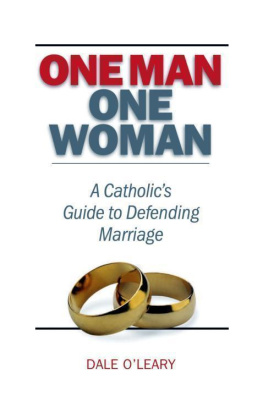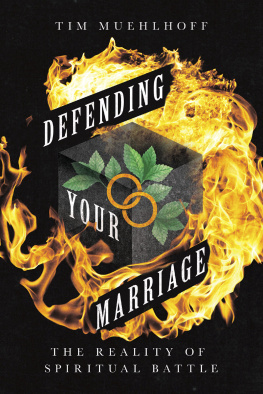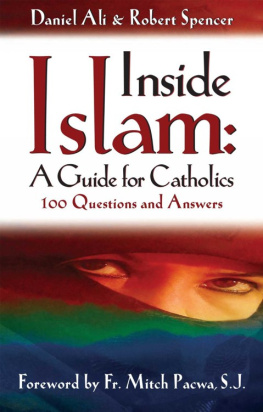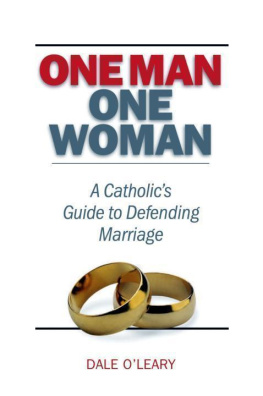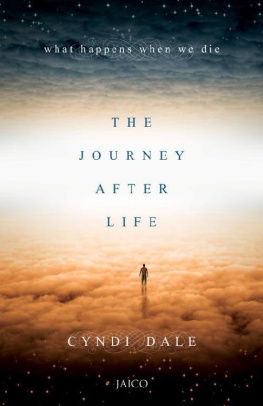Dale O'Leary
A Catholic's Guide to Defending Marriage




To those who have come out of homosexuality and to the courageous therapists and counselors who have dedicated their lives to helping them
"Marriage does not exist because of state recognition or a specific legal system, neither is it created out of whole cloth by two individuals. Two persons marry when they make mutual pledges to enter into a life of total sexual
Two people can only marry if they are capable of total sexual community... marriage is only possible between a female and a male."
David Coolidge
I would like to thank all those who have tracked the activities of gay activists and posted this information on the worldwide web.
In particular, I would like to thank the members of the National Association for Research and Therapy of Homosexuality, Courage, and the Catholic Medical Association for their work in this field.
When I began my inquiries in this area, a friend suggested that I contact Dr. Richard Fitzgibbons. This was great advice. Dr. Fitzgibbons's experience in working with persons with SSA has been invaluable, and he has been a great sounding board for my ideas.
......... xiii
Part I
The Politics of Sex and Marriage
........... 17
...... 41
Part II
Understanding Same-Sex Attraction
.......... 71
............. 81
.......... 103
............ 117
Part III
Marriage and Intimate Relationships
..... 135
............ 147
. 169
Part IV
The Effects on Children
. 191
........... 223
Part V
Beyond Same-Sex Marriage
.. 239
............ 265
......... 283
.......... 309
In September of 1994, the United Nations convened an international conference on Population and Development in Cairo, Egypt. The International Planned Parenthood Federation (IPPF) and its allies had for decades tried to use the UN conference process to declare abortion a universally recognized human right, but they had been frustrated in this effort by pro-life American presidents. Now, with a sympathetic president in the White House, they were confident their time had come. Surely, in Cairo they would achieve their objective.
Pope John Paul II, who saw the dangers and understood the dynamics of the international situation, wrote to the head of every nation, expressing his concern and asking for help. Many pro-life groups took up the call, and one such group, desperate for "bodies on the ground," asked if I would go and help their effort. Journalistic connections helped me quickly secure press credentials and funding, and before I knew it, I was off to Cairo - although not sure exactly what I could do there.
I arrived in Cairo with more than two hundred other representatives from pro-life and pro-family organizations all around the world. Gradually we found each other and began to lobby against the Planned Parenthood agenda - alerting representatives from pro-life countries in the Third World about the First World's plan to use the conference to push abortion and other anti-family policies on their homelands. And despite being out-funded and out- organized, in the end, our advocacy succeeded in blocking IPPF lobbyists from accomplishing their goals.
They and their supporters were shocked, but still determined. They might have been defeated in Cairo, but another international conference was scheduled for the following year - the UN Conference on Women in Beijing - and even before Cairo finished, they were planning and organizing for it.
In Cairo, pro-life activists came to realize that abortion wasn't the only issue on the table, and that Planned Parenthood wasn't the only group with which they had to contend. Former U.S. Congresswoman Bella Abzug had gathered around her an influential delegation of women promoting a radical feminist agenda. They were organized as the Women's Environmental and Development Organization (WEDO), but their goals had little to do with either the environment or development. Their real objective was global recognition of what they called "sexual and reproductive rights"; their plan was to take the rights articulated in the UN's 1948 Universal Declaration of Human Rights and manipulate their meaning to create an international legal foundation for an unlimited right to abortion and absolute sexual license. They also sought to add "sexual orientation" to the categories against which discrimination was prohibited, and to change the globally recognized definition of "family."
The pro-life/pro-family coalition's primary concern at the time was abortion. We were aware of other threats to the family and parents' rights, but most of us would have preferred to avoid the issue of homosexuality. Yet it wasn't possible. Whether we were discussing sex-education materials, or the definition of family, or the prevention of sexually transmitted diseases, homosexuality kept forcing its way onto the table. This gave us a taste of what was to come.
Beijing Escalates the Conflict
The Council of Europe delegates also fired a warning shot across the bow of religion:
The rise of all forms of religious fundamentalism was seen as posing a particular threat to the enjoyment by women of their human rights.
It is clear from the context that this statement wasn't meant to refer solely to cultures in which Islam and tribal religions, for example, blatantly subjugated women, but also to the growing political influence of pro-life Catholics and Evangelical Christians in the West.
The preparatory meetings for the Beijing conference took place at the UN building in New York in the Spring of 1995. Pro-family members of Non-Governmental Organizations (NGOs) from South America came with concerns about demands for "sexual rights" that had been made at the regional preparatory conference in Argentina. Its platform had focused on "gender" and "gender perspective" rather than on women, and had nothing positive to say about motherhood or marriage. They were worried that the Western delegates' focus on "gender perspective" and "sexual and reproductive rights" would divert attention from the real needs of women in developing countries, where women needed practical solutions to real problems of oppression, poverty, and disease. Neither promoting abortion and lesbianism, nor redefining the family, was on their agenda.

